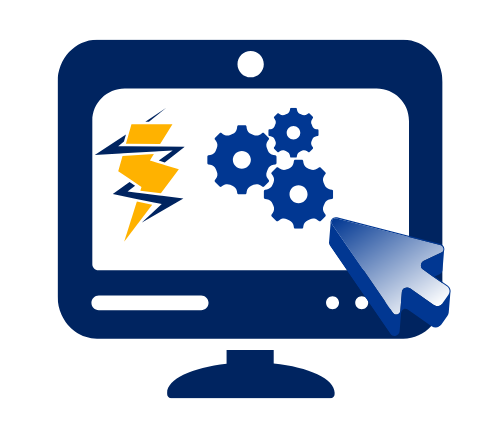Appliance Energy Comparison Tool
Comparison Summary
| Metric | Old Appliance | New Appliance | Savings |
|---|
Introduction: The Smart Way to Reduce Your Electricity Bill
Electricity prices are rising every year, and inefficient appliances can be a silent drain on your wallet. Many households still rely on old, power-hungry devices without realizing just how much they cost to run. The good news? You can reduce your electricity bill and save money simply by upgrading to energy-efficient models.
Our Energy Comparison Tool is designed to help you do just that — compare old vs new appliances, calculate power consumption, and see exactly how much you can save each day, week, month, and year. Whether it’s an air conditioner, refrigerator, or washing machine, you’ll see the difference in both energy usage and cost.
What Is an Energy Comparison Tool?
An Energy Comparison Tool is a simple yet powerful online calculator that lets you compare the power consumption and running costs of two appliances — usually your current model versus a newer, energy-efficient version.
In one sentence: An Energy Comparison Tool helps you make data-driven decisions about replacing old appliances to save money and energy.
How the Tool Works
Here’s how our Appliance Power Consumption Calculator works step-by-step:
Select the appliance from a dropdown list (e.g., AC, fridge, washing machine).
The average wattage appears automatically (editable in case your model differs).
Enter daily usage hours and your electricity cost per kWh.
Instantly view:
Daily cost
Weekly cost
Monthly cost
Yearly cost
Compare the same data for an energy-efficient model.
See savings both in money and in kWh.
Example: Old AC vs New AC
Let’s compare a 10-year-old air conditioner with a modern inverter AC.
|
Appliance
|
Wattage (W)
|
Daily Usage (hrs)
|
Yearly Energy (kWh)
|
Yearly Cost ($)
|
|---|---|---|---|---|
|
Old AC
|
2000
|
8
|
5,840
|
876$
|
|
New Inverter AC
|
900
|
8
|
2,628
|
394$
|
|
Annual Savings
|
___
|
___
|
3,212
|
482$
|
💡 Result: Switching to a new inverter AC saves over $480 per year — and that’s just one appliance.
Benefits of Using Energy-Efficient Appliances
Upgrading to energy-efficient appliances offers benefits far beyond your wallet:
Lower Bills: Reduce monthly energy costs by up to 50%.
Eco-Friendly: Decrease your household’s carbon footprint.
Long-Term Savings: Most appliances pay for themselves in a few years through energy savings.
Better Performance: New models often work faster and quieter.
Government Incentives: Many regions offer rebates for energy-efficient purchases.
According to the U.S. Department of Energy, monitoring your electricity usage helps you understand which appliances consume the most power and how you can reduce costs.
Step-by-Step Guide to Using the Energy Comparison Tool
Select your appliance from the dropdown.
Adjust the wattage if needed.
Enter daily usage hours.
Set your electricity rate per kWh.
Compare old vs new models.
View the chart and comparison table.
Tips for Maximizing Savings
Unplug unused devices to avoid phantom energy loss.
Run appliances during off-peak hours if your utility offers time-of-use pricing.
Clean filters and coils regularly for better efficiency.
Upgrade gradually: Replace the biggest energy hogs first.
Check the Energy Star label when buying new appliances.
Conclusion
With electricity rates climbing, every watt counts. Our Energy Comparison Tool empowers you to make informed decisions, showing exactly how much you could save by replacing old appliances with energy-efficient ones.
💡 Don’t wait — the sooner you upgrade, the sooner you start saving money and helping the planet.
FAQs
Yes, it’s completely free and works on desktop, tablet, and mobile.
Yes, as long as you know the appliance wattage and usage time.
Watts measure power, kWh measures energy consumed over time.
No, the tool focuses on electricity costs only.
It’s as accurate as the data you provide — use your appliance’s label or manual for best results.

